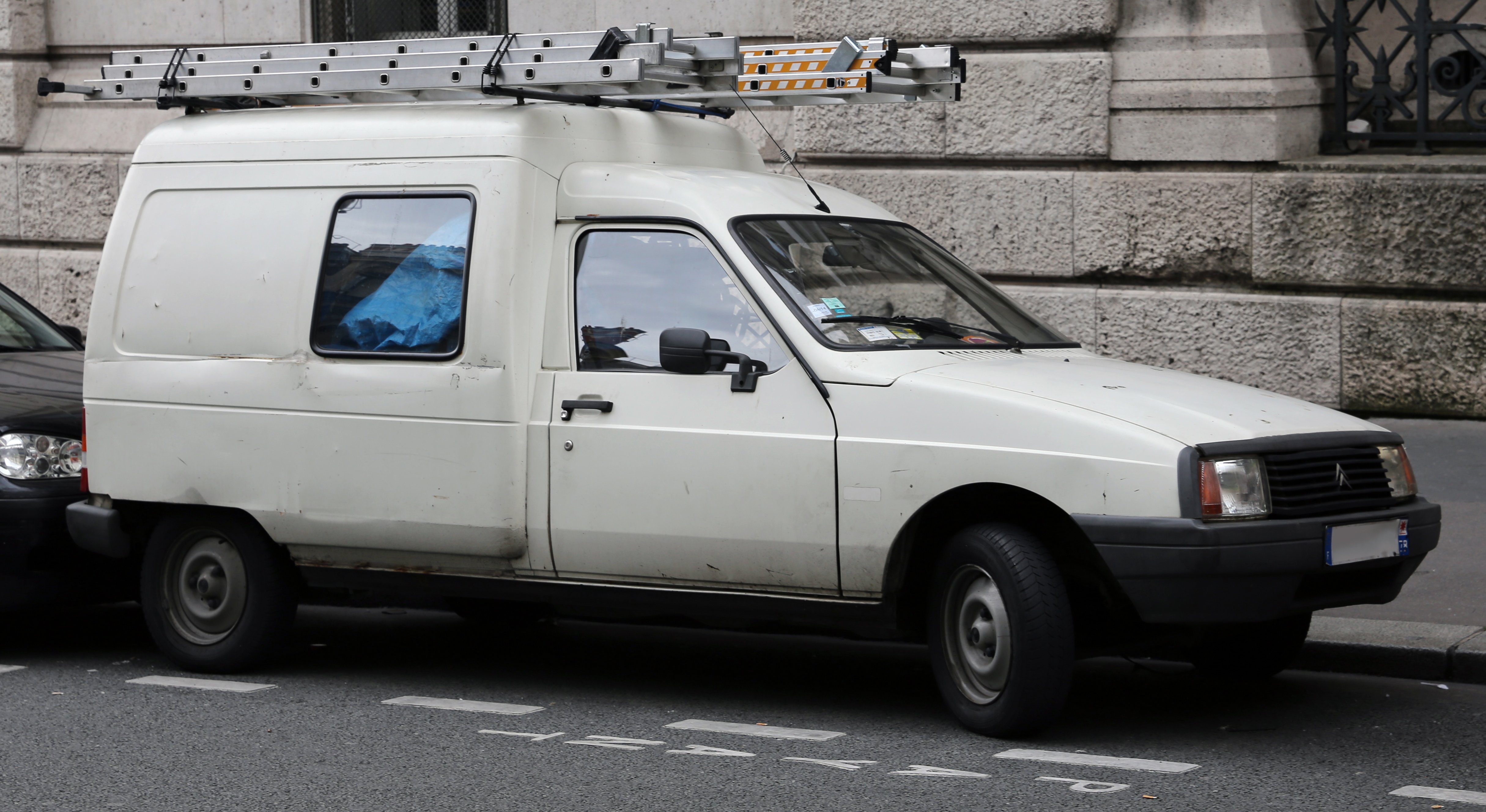I wonder, is it possible and economical to switch majority of all transport to rail? Replace trucks with freight and cars with trams and bikes. Of course there will always be needed some cars for emergency and rural but everything else be rail? Just wondering how much it would cost compared to car infrastructure.
Fuck Cars
A place to discuss problems of car centric infrastructure or how it hurts us all. Let's explore the bad world of Cars!
Rules
1. Be Civil
You may not agree on ideas, but please do not be needlessly rude or insulting to other people in this community.
2. No hate speech
Don't discriminate or disparage people on the basis of sex, gender, race, ethnicity, nationality, religion, or sexuality.
3. Don't harass people
Don't follow people you disagree with into multiple threads or into PMs to insult, disparage, or otherwise attack them. And certainly don't doxx any non-public figures.
4. Stay on topic
This community is about cars, their externalities in society, car-dependency, and solutions to these.
5. No reposts
Do not repost content that has already been posted in this community.
Moderator discretion will be used to judge reports with regard to the above rules.
Posting Guidelines
In the absence of a flair system on lemmy yet, let’s try to make it easier to scan through posts by type in here by using tags:
- [meta] for discussions/suggestions about this community itself
- [article] for news articles
- [blog] for any blog-style content
- [video] for video resources
- [academic] for academic studies and sources
- [discussion] for text post questions, rants, and/or discussions
- [meme] for memes
- [image] for any non-meme images
- [misc] for anything that doesn’t fall cleanly into any of the other categories
Recommended communities:
You still need trucks for last miles delivery.
You can reduce big trucks delivery by making the logistics hubs near the rail (but this would take a lot of time for the infrastructure to update), you'll end up with smaller trucks.
The good news is that last miles trucks cause less problems: electric trucks works for last miles delivery, their count is way smaller than the car, and they don't need to be as big.
For example, small trucks have special pass to deliver in piedestran areas.
You can reduce small trucks count by doing delivery with cargo bikes (that what "La Poste" do in a lot of cities in France), but you will still need small trucks to deliver heavy things like flour to the baker.
I am not sure there is any superior technology to a box truck with a nice heavy duty handcart and powered liftgate (or easy loading docks). Maybe a smaller box truck with smarter thought about what actually needs to move around, but the box truck is kind of the optimal solution to the problem of moving stuff around at a certain level. Sure it would definitely be sweet to go straight from rail to box trucks for local-ish delivery though.
Box trucks can be too big and expensive for the task, the nearby little grocery store use a panel van for example.
I’d argue panel van = minibox truck which goes with my smaller box truck statement.
Is this a minibox truck for you ?

Could you use cargo trams to delivery to grocery stores?
In a walkable city, the grocery stores are way smaller, rails isn't really good for small delivery.
Small cargo car are also needed for some jobs.
But again, these are infrequent uses of the road and those sort of usages are usually allowed inside pedestrian area.
You can have a walkable city and still have roads that allow trucks. Look at any European city.
I live in an European city.